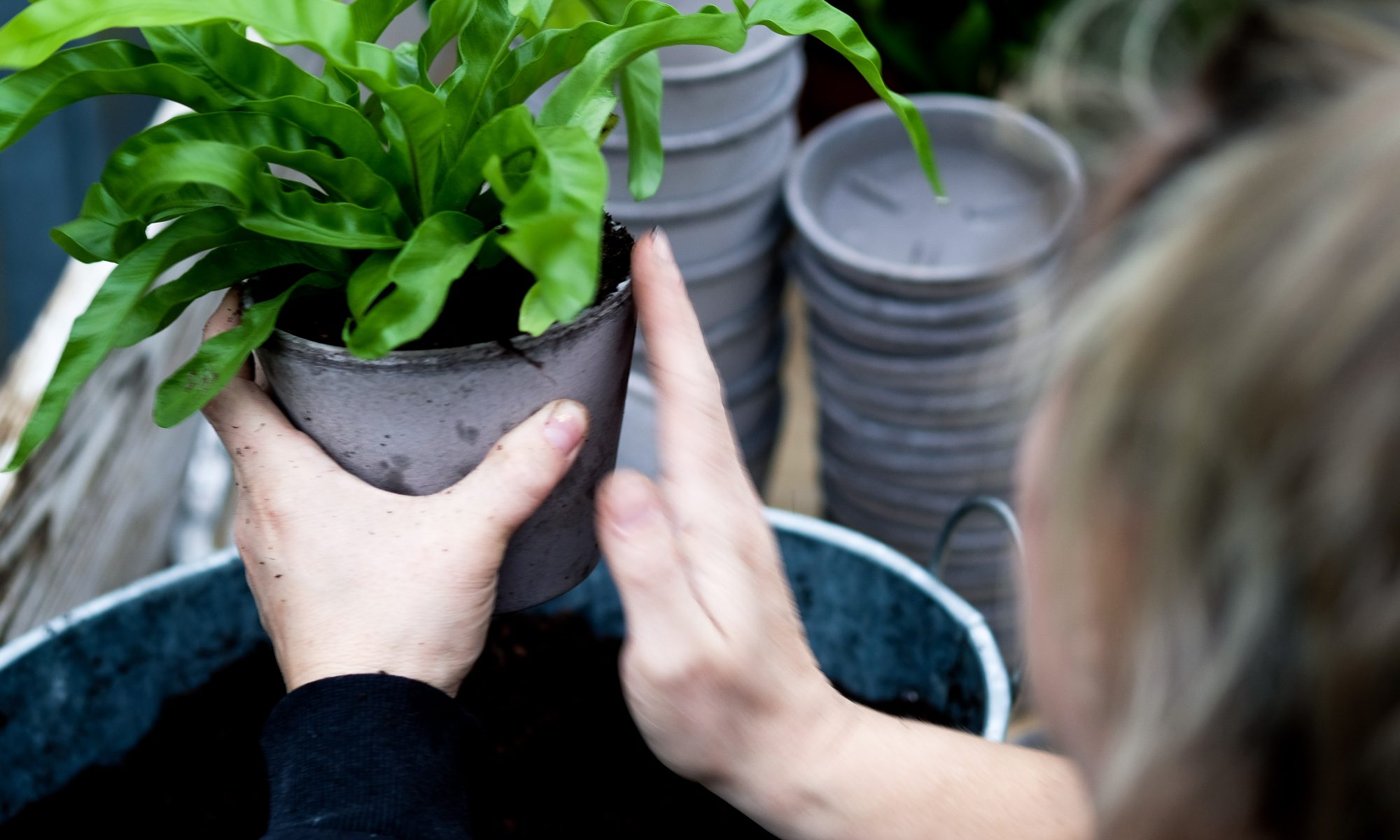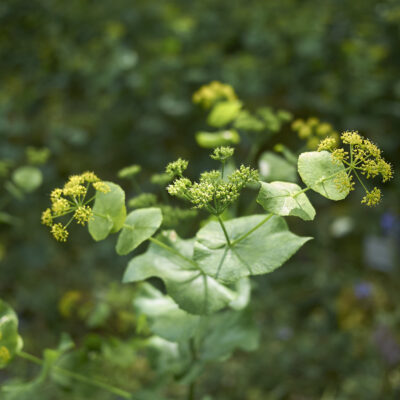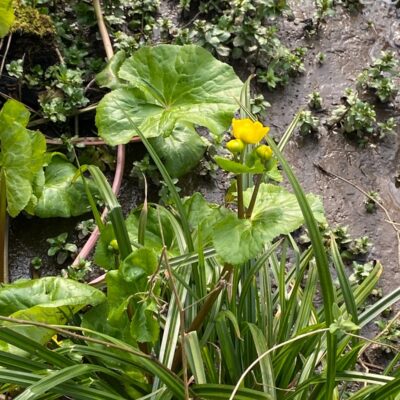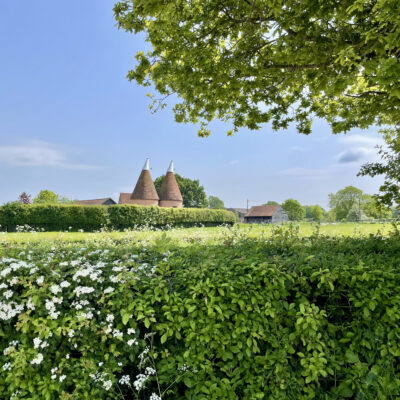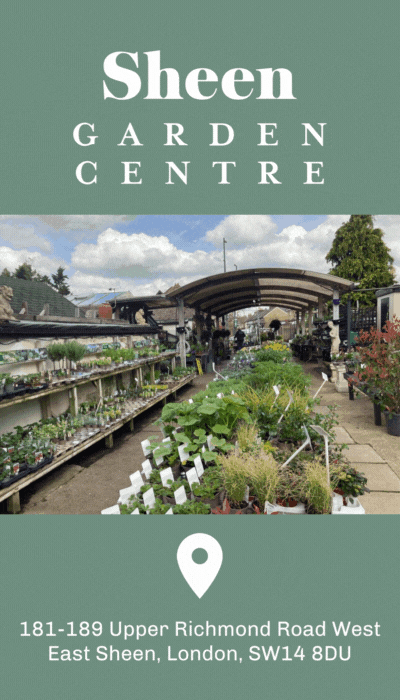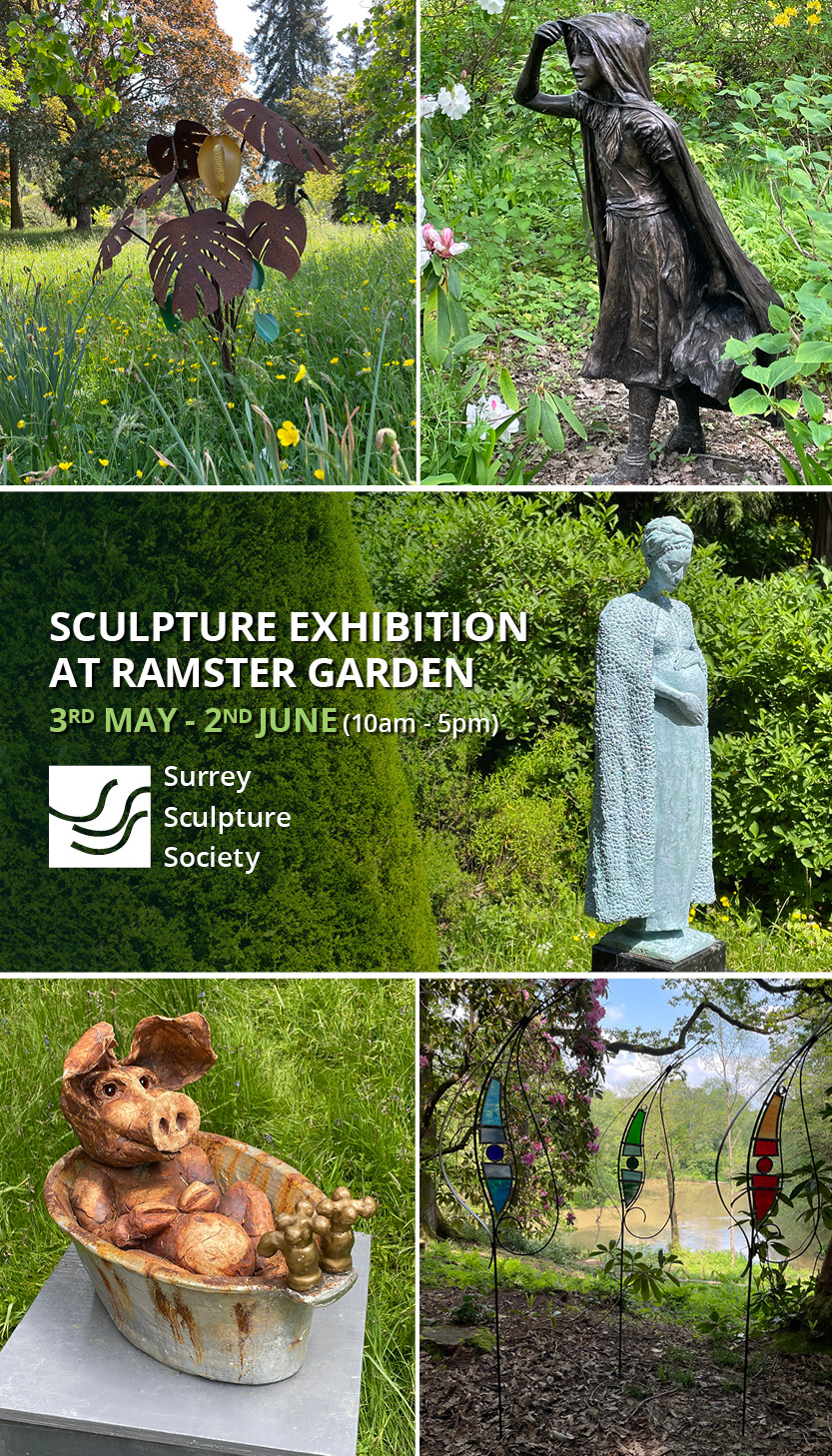Sue Whigham goes behind the scenes at a social enterprise which enables women approaching the end of their sentences to develop skills in horticulture before their release from prison
‘I believe everyone should have a second chance,’
said the lady in the corner shop yesterday afternoon.
East Sutton Park is a women’s open prison established in a Grade II listed Jacobean manor house near Sutton Valence, Kent. The prison is complete with a working farm and eighty acres. It originally opened as an all female Borstal in 1946 and has been an all-female institution ever since. The women at East Sutton are at the end of their sentences which they will have served in a closed prison, and rehabilitation both before and after release is a priority.
One of the co-founders of The Glasshouse Project was introduced to East Sutton Park by a volunteer in 2019 and on a visit there she spotted that two of the old glasshouses on the site were underused due to cuts in funds for land based training. She thought that these glasshouses would be an ideal site to support a social enterprise which would enable women to develop skills in horticulture before their release from prison. Social entrepreneur Melissa Murdoch and Kali Hamerton Stove, MD of The Glasshouse Project, with her career in international marketing and retail, then approached the Ministry of Justice and presented their ideas to the Ministry’s new futures network. They loved the concept and suggested that the project could start in East Sutton and thus The Glasshouse Project was born.
Launched in February 2020 with a £50,000 Director’s Loan, the project faced an awful lot of challenges at first including, of course, the Covid pandemic. They also had to learn how to work with the prison system as well, but within a couple of years they’d doubled their turnover. Recently, their Finance Director, Laura Bellhouse, applied for and secured further funding from the People’s Postcode Lottery. All profits are being ploughed back into the scheme.
So what do they do? Through the growing on and nurturing of fabulous houseplants the project helps and supports the women in the months before and after release. During that time they work with a tutor towards the Level 2 RHS Certificate in Practical Gardening which covers all aspects of planting, propagation and maintenance of plants as well as taking part in workshops covering further horticultural skills.
When I met them at their temporary premises, they were tidying up and re potting large specimens of fiddle leaf figs (Ficus lyrata). Other treasures there included Rhipsalis paradoxa, a succulent epiphyte from Brazil which is a particular favourite of ours. It is endangered in the wild due to habitat loss. We must be doing something right as ours flowered last year with strings of tiny white flowers followed by little pink translucent berries along its long chain-like leaves. It’s perfect for growing in a hanging basket to give a very jungly effect and, over time, its leaves can reach up to five metres long. Wow!
The plants are destined to be sold in their stylish shop in Cranbrook, or online from their website, with some taken up to London to supply their scheme of ‘landscaping in corporate situations’ which involves regular maintenance and care of the plants ensuring that they are in tip top condition. They have fifteen clients, the largest of which has plants in offices over six floors. What a fantastic statistic! And some clients prefer a scheme of ‘revolving plant installations’ to ring the changes. Through regular contact with their clients the women develop their social skills as well as increasing both their self esteem and self confidence. And, of course, being surrounded by plants in their workspace benefits the clients as well.
Clients include multinationals and start ups, such as Redemptive Roasters who now have a dozen coffee shops in London, having started with just one in Lamb’s Conduit Street. Their coffee is roasted in HMP The Mount, who, like The Glasshouse Project, help with what comes after release.
And then there is the scheme for corporate gifting. Plants are sent to recipients with personal messages and the appropriate logo as well as information about the project. This can all be done online, meaning that any number of plants can be sent out across the UK. I like the fact that all the plants are sent to their new owners using sustainable packaging and that they leave with a comprehensive label giving details of how to look after them in the future. Just think of all those houseplants that are sold either unlabelled or poorly labelled and that succumb to neglect within no time at all. As well as providing decent labelling, Kali has sourced good looking charcoal clay pots, designed by Berg in Denmark and made in Italy. These pots can be bought in the Cranbrook shop, too.
So this holistic approach to the women’s welfare and future, allowing them to learn skills and earn a living wage whilst they are part of the project, means that they are very employable when they leave East Sutton. Maria Love, who is the project’s Head of Social Impact, provides practical and emotional support to the women, liaising with both them and prison staff prior to their release. She works with landlords, too – as finding decent housing can be difficult for ex offenders – and keeps in touch with the project’s alumni. 100% of the women finishing the programme find employment within a month of leaving East Sutton as well as finding that other essential – somewhere stable to live. Another great statistic.
One of the women who has been part of the project said that The Glasshouse gave her ‘a reason to get up during a dark time’ for both her and her family. She felt like a normal woman again and that her life was enhanced because of the project.
The enthusiasm, energy and dedicated commitment to the women who are part of The Glasshouse Project is wonderful. I’ve no doubt that Kali’s hope that they will be able to set up a similar enterprise in other women’s prisons up and down the UK in the next ten years will happen. In the meantime, this summer’s plans include setting up in two Surrey prisons, Send and Downview, with a shop opening up in Surrey in late summer.
For more information on the project, see theglasshouse.co.uk or visit the shop at 3a Stone Street, Cranbrook, Kent, open from Tuesday-Saturday, 10am-4pm.
You may also like
Go with the Flow
Sue Whigham shares some valuable new-to-gardening advice I’m sure that by now we should be used to the rain but I’m not entirely sure that we are. We had a dry, sunny day the other day and how everybody’s mood...
Farm Fables
Jane Howard gets to the bottom of why so many ponds have disappeared across the High Weald I have a new passion, almost an obsession, it’s about ponds. And there’s a distinct possibility I might become a bit of a...
Hedge Issues
Sue Whigham takes a meander along nature’s verdant and vital corridors Recently the BBC’s Today programme carried a feature about England’s hedgerows which created a lot of interest among listeners. On the strength of that, Martha Kearney interviewed one of...
